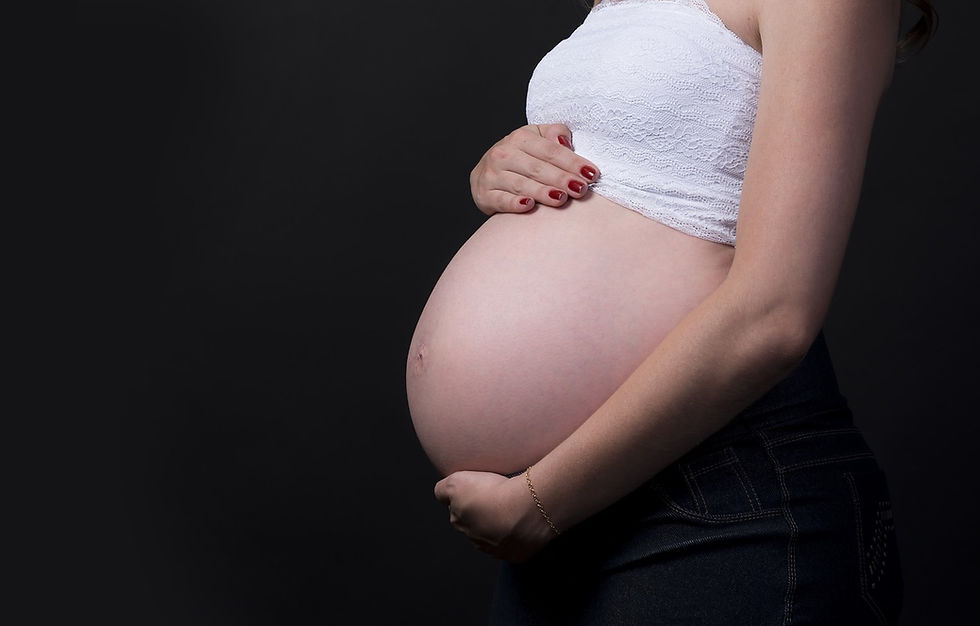Disinhibited social engagement behaviors in young maltreated children
- SAS Research Team

- Oct 26, 2021
- 1 min read
Researchers examine the contributions of dysfunctional parental behaviors and types of maltreatment and levels of Disinhibited Social Engagement Behavior with a sample of intact parent-child dyads.
Primarily, studies on children with Disinhibited Social Engagement Behavior (DSEB) have been limited to children reared in institutions. Researchers now examine the contributions of dysfunctional parental behaviors and types of maltreatment and levels of Disinhibited Social Engagement Behavior with a sample of intact parent-child dyads. Authors took into account the time spent in foster care and quality of caregiver attachment. They recruited children through child protective services from years of 2008-2012, the sample included 67 children and their biological parent. They then observed the child-parent interactions and found few children in this neglected sample showed high levels of DSEB. The majority of children developed an insecure attachment to their parent, primarily the disorganized attachment type. They found that the more the parent showed disconnect and extremely insensitive behavior the more the children showed DSEB. Even though it is on a small scale, the researchers found that quality of parental behavior could play a role in children's development and recovery of DSEB.
Zephyr, L., Cyr, C., Monette, S., Langlois, V., Cyr-Desautels, L., & Archambault, M. (2021). Disinhibited social engagement behaviors in young maltreated children: Dysfunctional behavior of biological parents and child attachment. Child Abuse & Neglect, 111. https://doi-org.ezproxy.library.uvic.ca/10.1016/j.chiabu.2020.104791







Comments